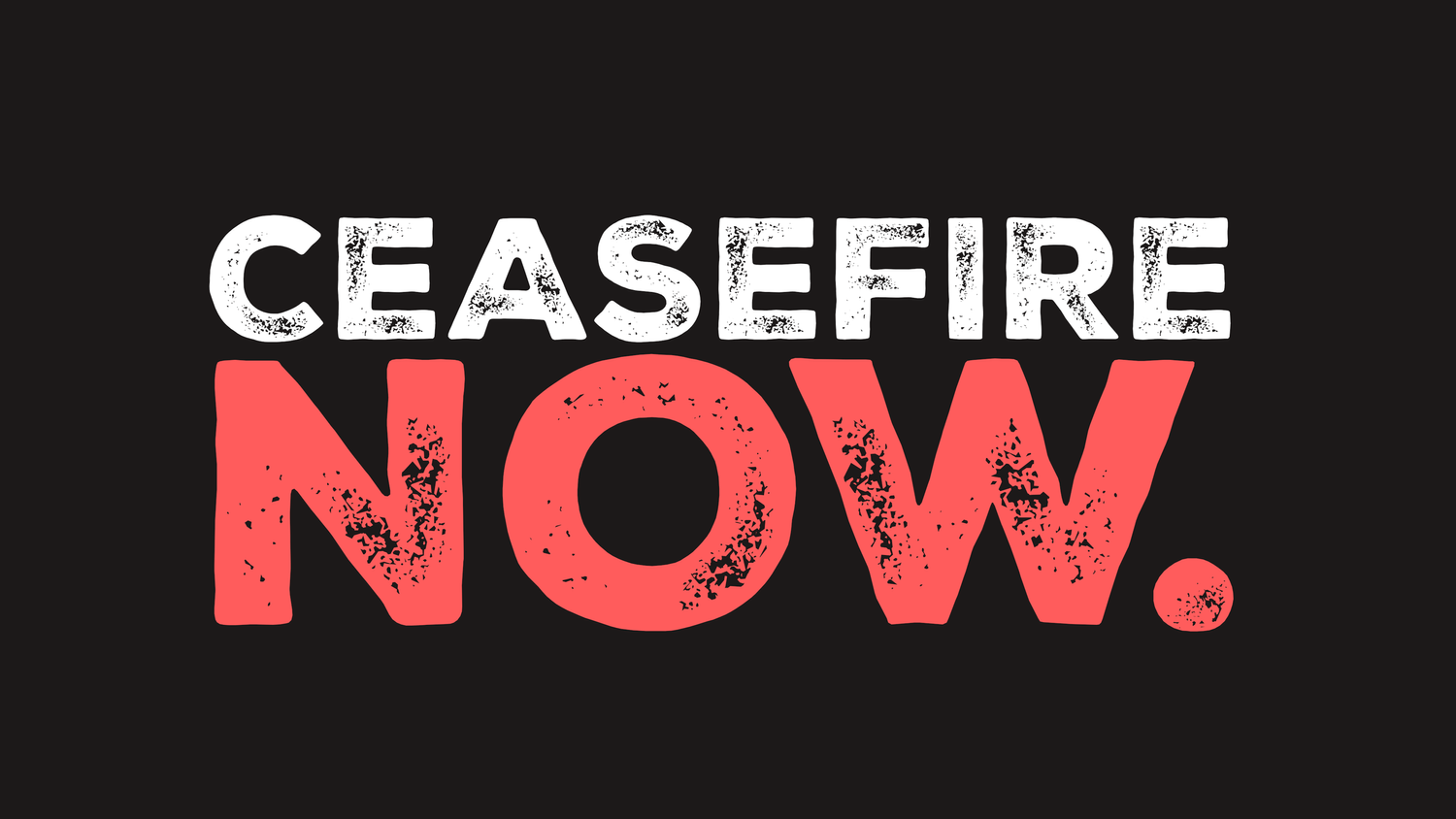I’m giving three cheers for the people of Rochdale for having voted for a left-wing candidate standing on an anti-war ticket. I’m offering no cheers for George Galloway, who is sadly the candidate in question.
In the last few weeks, the people of Rochdale might be wondering what they have done to deserve the choice of candidates with which they were faced. The Labour candidate was disowned by his own party for antisemitic comments. This was shortly after the Green candidate had been disowned by his own party for Islamophobic comments.
Other options included two former Labour MPs standing for different parties: Galloway was standing for the Workers’ Party of Britain (the latest version of the George Galloway Party). The far-right Reform Party (the current incarnation of the Nigel Farage Party) was represented by former Labour MP Simon Danzcuk, who previously had to leave Parliament after sending sexually explicit messages to a 17-year-old girl.
The Conservative candidate was, of course, standing on a platform of supporting the most incompetent government in living memory.
It would be entirely understandable if the people of Rochdale had opted for the Monster Raving Loony Party candidate on the grounds that he seemed a more serious option than most of his opponents.
By electing a candidate who stood primarily on a platform of opposing the war in Gaza, people in Rochdale have shown the strength of anti-war feeling among large parts of the British population, and disproved the common claim that people vote only on narrow domestic issues.
The fact that a local independent candidate came second has clearly taken the London-based media by surprise, given their tendency to overlook local and regional differences and see everything from the perspective of Westminster.
Between them, the three “main” parties scored only 26.7%. It is impossible to know what would have happened if the Labour candidate had retained the party’s support and fought an effective campaign. It is possible that Labour may have won. But looking at the size of Galloway’s victory last night, I find it hard to believe that a Labour candidate would have beaten him if that candidate had not departed from Keir Starmer’s position on Gaza.
One lesson to take away from Rochdale is that independent candidates and alternative parties are on the march.
This is encouraging. I just wish it was someone other than George Galloway who had benefited from it.
In 2020, Galloway described me as a “hero”, for taking nonviolent direct action against the arms trade. In 2022, he mocked me and then blocked me on Twitter after I encouraged him to condemn the Russian invasion of Ukraine as well as opposing NATO.
The problem with Galloway is not simply that he is a supporter of homophoba and transphobia, and increasingly anti-immigration. It is also that he is not really anti-war.
I share Galloway’s opposition to the murderous Israeli attacks on Gaza and to the nuclear-armed expansionist alliance that is NATO. Unike Galloway, I also oppose other warmongers, including Vladimir Putin and Hamas.
When Ukraine was invaded, I was working as Campaigns Manager of the Peace Pledge Union (PPU), Britain’s leading pacifist organisation. We condemned Putin’s invasion and kept in touch with our comrades in the Russian Movement of Conscientious Objectors, as well as other Russian peace activists and the Ukrainian Pacifist Movement. We also criticised the UK and US governments’ cynical use of the invasion to expand NATO power, and their resistance to peace talks.
Despite this, we received abusive messages from angry militarists accusing us of being Putin apologists. Meanwhile, actual Putin apologists were sending us angry messages accusing us of supporting NATO. People who think that war solves problems often seem unable to understand that anyone might oppose all militarism and not support any armed forces on any side.
While this is the PPU’s usual approach, we were pleased that the Stop the War Coalition also clearly and repeatedly condemned Putin’s invasion as well as NATO. While we would expect Galloway to disagree with the PPU, he also seems to have fallen out with the Stop the War Coalition.
Galloway has not issued a word of condemnation for Putin’s aggression. Shortly after Galloway’s election in Rochdale this morning, his deputy party leader Chris Williamson refused in an interview to condemn the Hamas attack on Israeli civilians on 7th October.
Galloway and Williamson are not anti-war. They are pro-war – it’s just they’re on a different side to the one that the British establishment expect us all to support.
I think the people of Rochdale were right to vote for an apparently anti-war MP. Hopefully they will replace him with an actual anti-war MP at the next election.

